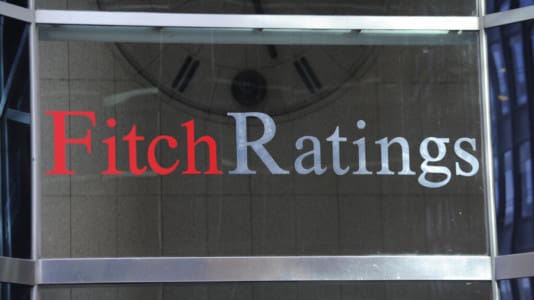One of Germany’s biggest left-leaning newspapers, Der Freitag, has run a number of articles critical of the EU’s dealings with Hungary and Poland, with one piece describing Brussels’ approach to both countries as “bursting with arrogance.”
The article describes how the EU has reverted to aggressive Cold War language towards Hungary and Poland, and uses terms like “serial offender” and “blackmailer” that are becoming the “standard vocabulary of EU institutions.”
“There is a lot of Western European arrogance behind the allegations against Viktor Orbán and Mateusz Morawiecki. Worse: Brussels uses a language similar to that used in the Cold War. According to Vice President of the EU Commission Věra Jourová, Hungary is a ‘sick democracy‘ and considers the voters there to be ‘unable’ to ‘form an independent opinion.'”
Rule-of-law sanctions can be ‘instrumentalized’
The article goes on to express disbelief that the EU is holding coronavirus recovery funds from the two countries unless they bend to the EU’s will on a range of issues. Furthermore, the EU’s decision to tie rule of law to sanctions will lead to a massive potential for abuse of power.
“In the future, the EU Commission… will also be able to bind the receipt of EU funds to the rule of law. How exactly this “rule of law” should look like, however, is missing a comprehensible definition. In reality, the ‘Rule of Law’ can be strongly interpreted — and instrumentalized,” according to the Der Freitag article.
The article aso quotes Poland’s deputy foreign minister, who said, “We do not want our finances to depend on the sympathy or lack of sympathy for certain countries or the political will of some politicians.”
According to the article, Budapest and Warsaw view the EU’s ability to block funding based on a range of ideological differences with the EU as a major new power grab, with Hungary’s Fidesz and Poland’s Law and Justice (PiS) both fearing a loss of national sovereignty. The EU’s new instrument could hold further implications down the road for other countries as well, especially those with a conservative viewpoint, but also possibly over other key issues fundamental to the EU’s future.
The article also explores the new inversion of rule and law that countries face if they come under observation for “violations.”
“In practice, linking the disbursement of funds with constitutional criteria for those who are suspected of not complying represents a reversal of the burden of proof. Until now, the European Court of Justice had to prove misconduct in the judiciary so that sanctions could be imposed. Now, it is the other way around: the commission refuses funds, the suspect has to prove his innocence,” reads the piece.
Liberals can freely violate the rue of aw?
Furthermore, there have been past instances when rule of law compliance has been under question due to the actions of liberal parties, yet the EU did not take action or even raise protest. The article points to Poland’s liberal Civic Platform (PO), which “kicked off” the dispute of judges and judiciary in Poland in 2015 when the party appointed five constitutional judges quickly before being voted out of office, but those posts were only supposed to become vacant after the elections. Judicial reform, initiated by the PiS government after they came to power, was designed to retire unwanted judges, but was ultimately a response to that first action from Poland’s previous liberal government, according to Der Freitag.
“The [judicial] procedure of the PO was not a problem for Brussels, but against the PiS, the ECJ was brought in to block it,” according to the article.
The piece ends by quoting Constitutional lawyer Hans Herbert von Arnim, who said that if the EU were to apply for EU membership, such an application would have to be rejected due to a lack of democracy.
Within the German media landscape, especially among left-leaning publications, there is nearly a universal approach of condemnation towards Hungary and Poland’s conservative governments. Although Der Freitag — founded in 1990 by, Jakob Augstein, the son of the publisher of Germany’s Der Spiegel — mainly runs left-leaning content on a variety of topics — including German translations of Guardian articles — it also features contrarian and independent-minded content, including on issues of vaccine mandates, COVID-19 lockdowns, Western aggression against Russia, government surveillance, and identity politics.





